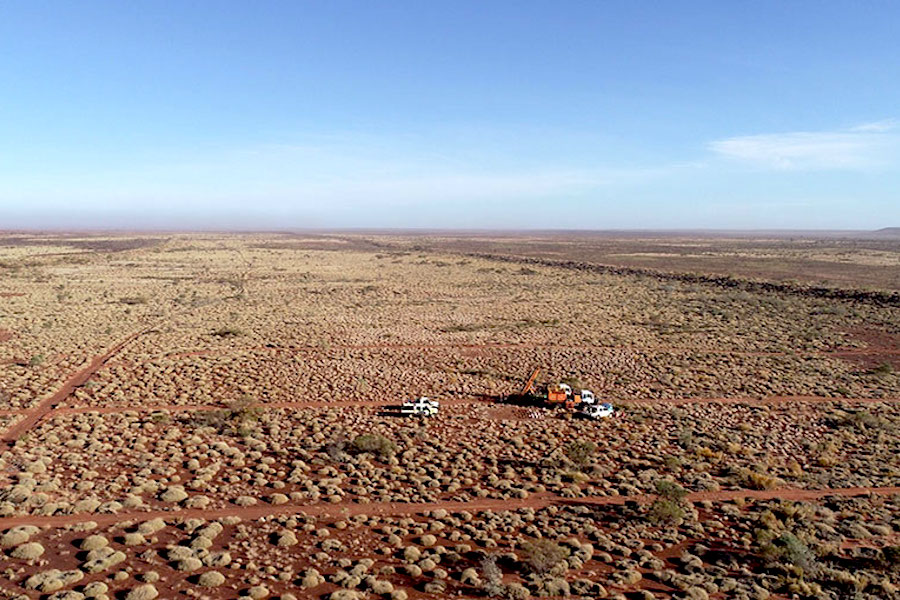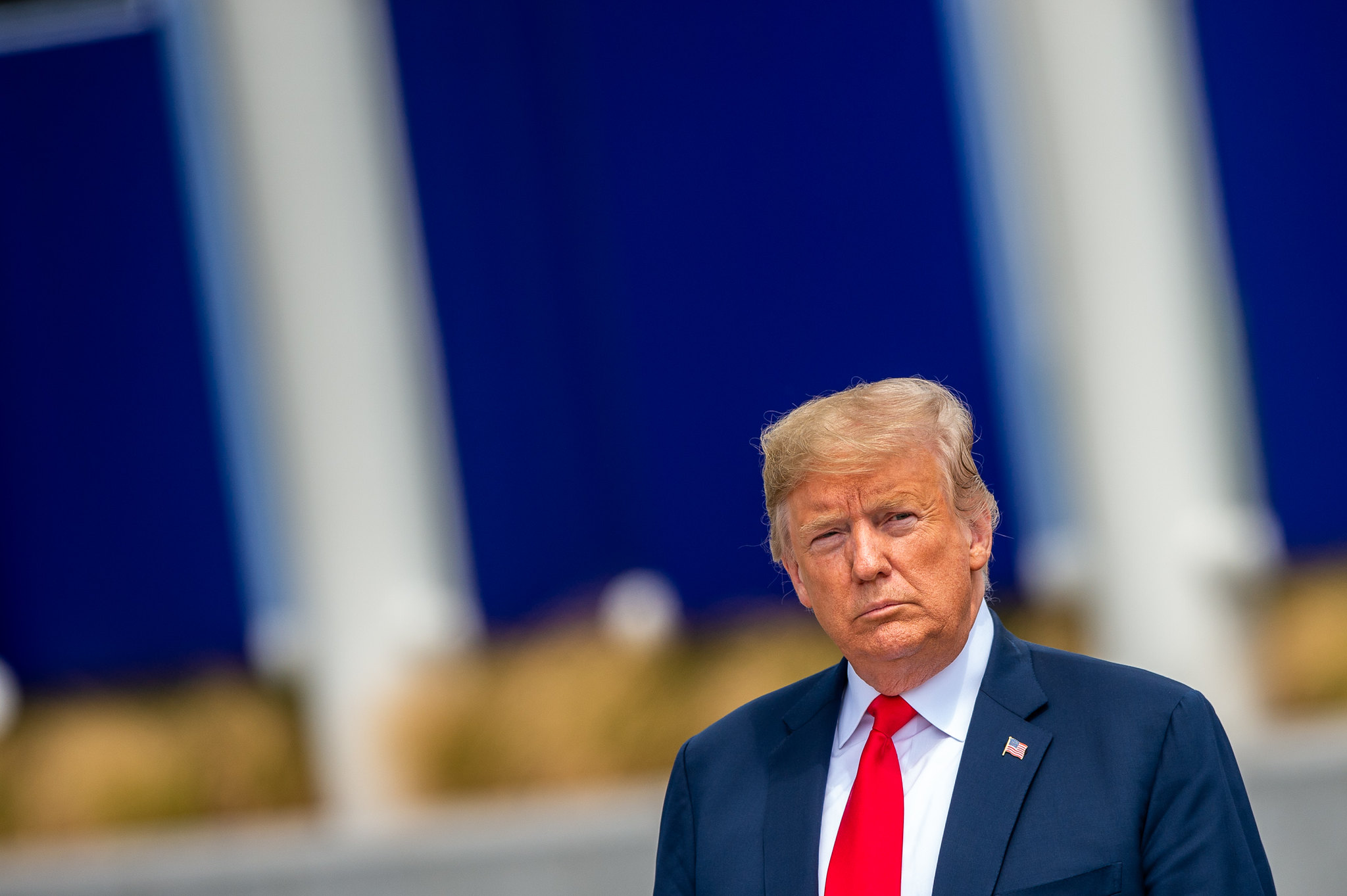Rio Tinto boosts budget for Citadel copper project

Rio Tinto (ASX, NYSE, LON: RIO) will spend a further A$9.2 million ($5.9m) on exploration at the Citadel copper-gold project, a joint venture with junior Antipa Minerals (ASX: AZY), in Western Australia’s Paterson Province.
The earmarked budget for this year is well above the previous commitment of A$2 million ($1.3m) put forth in January, when Rio earned 51% of the project, Antipa said in the statement.
The exploration activities, expected to begin this quarter, will include combined reverse circulation and diamond drilling at the Calibre deposit, located 28 miles from Rio Tinto’s Winu copper-gold project.
The exploration activities, expected to begin this quarter, will include combined reverse circulation and diamond drilling
Antipa, which is also carrying out exploration activities on the North Telfer project, located 25 miles north of Newcrest’s Telfer copper-gold-silver mine, said the program would now encompass up to 13,000 m of combined diamond and reverse circulation resource drilling.
Due to current restrictions caused by the coronavirus pandemic, the completion of a previously planned reverse circulation program for the greenfield targets has been postponed, likely until the end of 2020 or early 2021.
Copper rush
Rio Tinto has been investing heavily in copper in the past two years as it believes the market will soon go into deficit amid expectations that bigger power grids around the world and an electric-vehicle boom will boost demand, while supplies will remain constrained.
In the past, analysts have questioned the mining giant’s ability to scale up its copper business quickly without making an expensive acquisition, especially after facing challenges at key assets.
Analysts have questioned Rio’s ability to scale up its copper business without making an expensive acquisition, especially after facing challenges at key assets
Rio delayed first production from the $5.3 billion underground expansion of its Oyu Tolgoi copper-gold-silver mine in Mongolia. Originally scheduled for early 2020, it is now expected to happen in the third quarter of 2021.
Earlier this month, the mining giant flagged copper and gold output drops at the already troubled operation.
Rio Tinto said that it would have to bring experts on-site to rectify industrial ropes in the largest and most important access shaft to the underground mine, Shaft 2.
Those ropes service a giant elevator that allows workers, equipment and ore to move between the bottom of the mine, 1.3 km underground, and the surface.
Rio’s subsidiary and Oyu Tolgoi operator, Turquoise Hill Resources (TSX, NYSE:TRQ), said the covid-19 pandemic was making it hard to get experts to the remote Mongolian mine to conduct rectification work on the ropes.
Demonstrating an increased interest in new discoveries, Rio Tinto invested in 2019 a further $302 million to advance its Resolution copper project in Arizona. It has also been advancing other copper projects, Berenguela, in south-eastern Peru, while applying for exploration permits in northern Chile.
{{ commodity.name }}
{{ post.title }}
{{ post.date }}




Comments